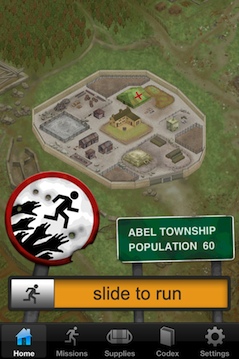Beautification of geeks: I just finished writing a Nikkei Business Online column (Japanese), which will be up on Friday. This time, I wrote about Marissa Meyer.
As you may well know, she is a new-type geek - cute and fashionable. The image is somewhat different from the "traditional" geek girl stereotype - no make-up, t-shirt and sweat, and thick glasses.
I sense that there are more of these new type geek lately - not only girls but also for boys - than before. I was discussing this "beautification of geeks" issue with my friends and we came up with a theory.
Actually, I wrote about the start of this trend circa 2006 in my Japanese blog, when Web2.0 was a trendy buzz word. At that time, I thought it was because Web world crossed the way with advertisement/media world.
But this time, we concluded that the trend is caused by "San Francisco move". Now a lot of web/mobile start-up is located in San Francisco, where young engineers live, rather than the traditional South Bay area, more family-friendly-but-boring neighborhood.
People in the big city are more fashion conscious to begin with. In addition, in San Francisco, they've got the most fashionable species in the world - gay people, and they have become more and more important in this geek world for user interface/design skills.
So now, San Franciscans are the trend-setter in the geek culture, thus beautification. For me, who is no makeup plus sweat pants type, the center of the geek world is becoming more and more alien. Sigh...






